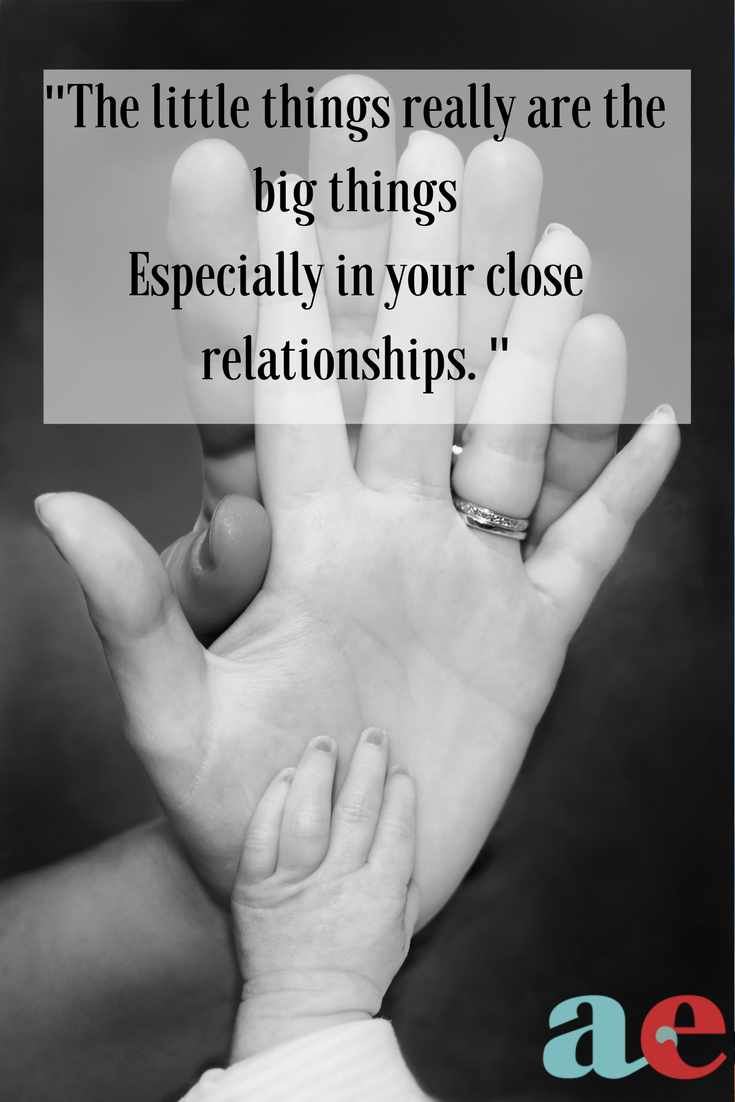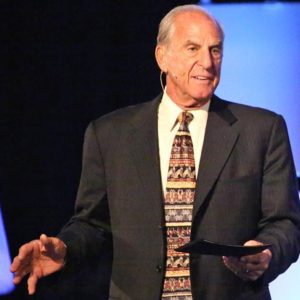When asked to name the three most important things in their lives, most people include the word “family.”
In fact, a good many of those put the word “family” at the very top of their list. And yet in many cases there is a significant gap between their desire for a rich, rewarding family life and the reality of their everyday experience.
Is there a “secret” to happy, fulfilling family relationships? No doubt there are many factors that come into play, but if there is one common denominator, it might be this: that the “little things” we remember to do in our family really are the “big” things that make those relationships so rich and rewarding.
Likewise, those “little things” left undone are often the very things that cause relationships irreparable harm. In his thought-provoking book ‘The 7 Habits of Highly Effective Families’, well-known author Stephen Covey reveals several of his “secrets” for a happy family. “What we all need is a pause button,” says Covey, “to help us stop and choose a response based on our deepest values, rather than react to the emotion or circumstance of the moment.”
For example, what if we could push that pause button every day, just as we arrive home from work? It would mean that we might sit for just a moment in our car and say to ourselves before going inside, “My family is the most important part of my life. When I go inside I’m going to communicate my love for them.” As we walk through the door we’ll then be ready to interact in a positive way with our loved ones, whether it’s a “group hug” or rolling around on the floor with the kids.
This approach helps us to rise above the day-to-day stress, the fatigue, and the tendency to be impatient with our loved ones.
Covey goes on to present the concept of the “emotional bank account” and explains the difference between behaviors that result in “withdrawals” from that emotional bank account, contrasting them with behaviors that result in “deposits” into that account.
Those “deposits” says Covey, go a long way toward building trust and unconditional love, two of the most important ingredients of a strong, healthy relationship. These can be as simple as using words of courtesy such as “please” and “thank you” and “I’m sorry” when we know we’ve been wrong. Just being able to offer a sincere apology says in effect to your loved one, “Our relationship is supremely important to me.”
Making and keeping our promises is another way to build up our emotional bank account, just as not keeping a promise creates a serious drain on it. Covey reminds us of the excitement, anticipation and hope created by a promise, even one seemingly as trivial as being home in time for a birthday dinner, or to help homework, or to tuck little ones in bed. Keeping our word is one of the most important ways we build trust.
It may take weeks, months, or even years to see the positive results of Covey’s recommendations, but results will come, and you may be astonished at how wonderful your relationships can be!

Here’s What You Can Do:
- Take a moment to pause.
- Consider how much your loved ones mean to you.
- Build trust by treating them with courtesy and respect.
- Keep your promises.
-Joel Weldon

